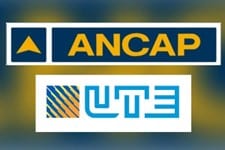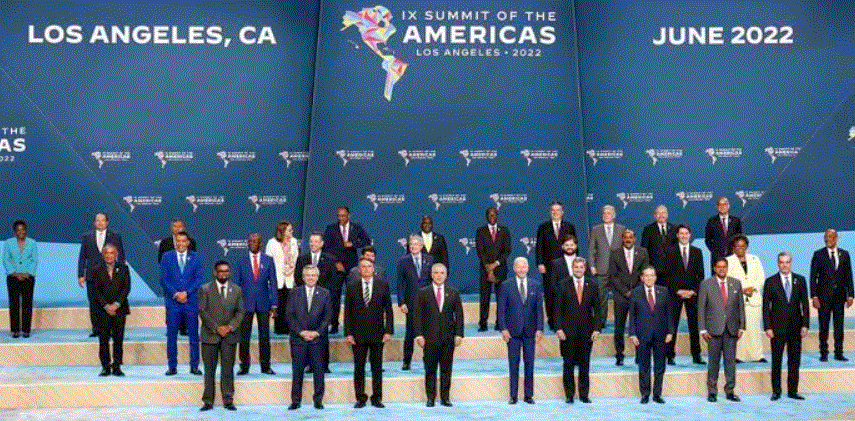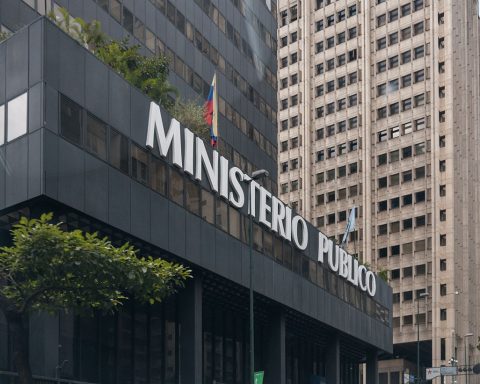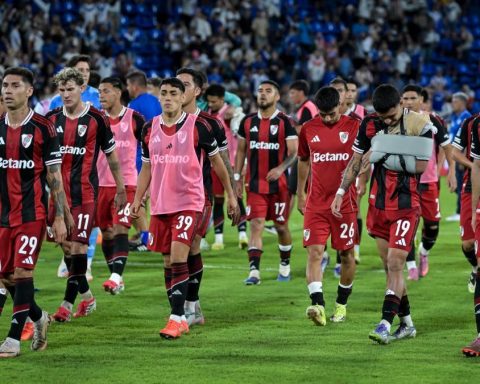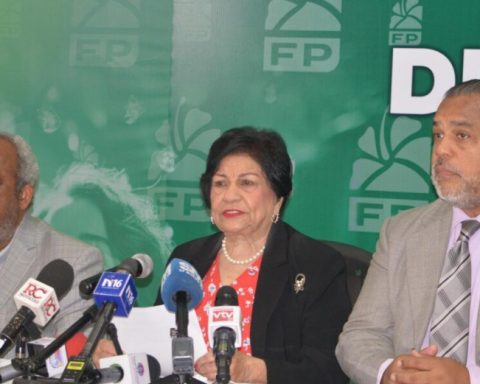Opinion column by Juan Prandi on Nationals for La Colonia
UTE is positioned with a positive fiscal result of US$283 million and negative Ancap of US$148. UTE underwent a transition, and although it maintains a surplus, it fell in figures, while Ancap reflects a growing and emphatic deterioration developed in a few months, according to the Observatory of the Economic Situation carried out by the Catholic University (UCU).
The observatory indicates that UTE in the last 12 months -considering the last month of April- “had revenues of US$ 2,238 million and expenses of US$ 2,145 million”, which results in a positive balance of US$ 92 million. To these figures are added US$ 190 million in dividends, producing a fiscal result of US$ 283 million.
On the other hand, Ancap reflects negative figures of US$99 million in the same period, with income of US$3,217 million and expenses of US$3,315. Its dividends were US$ 2 million, with “a negative variation in the oil stock of US$ 52 million that implied an improvement in its cash result”, the report reflects. These elements contributed to the negativity of the fiscal result of US$ 148 million. Ancap’s deficit went from US$68 million in 2021 to US$148 million, which suggests a rapid worsening of the situation in the first quarter of 2022.
UTE
UTE’s surplus is due to the sale of energy, particularly to Brazil, a country that is currently suffering from a water crisis. To the media from Maragato, San José Now, the senator from the Front, Lucía Topolansky, explained at the time that “when this government took office, the energy matrix had been changed, there was wind energy, photovoltaic, biomass, that deployment had allowed a very important thing, that every time there was a drought the Batlle and La Tablada power plants would not have to be turned on, spending oil with a budgetary impact that was always around 500 million dollars”. This change in the energy matrix was possible thanks to “the creation of the El Tigre Delta Power Plant and the one that reconverts energy in Cerro Largo (which) today allows surplus electricity to be sold.”
This policy, which the government of Luis Lacalle inherited from the Broad Front, “allows you to sell electricity at a time when Brazil is experiencing a drought. In other words, that extra profit that ANCAP and UTE are having is due to the energy policy of the Broad Front. We have to tell the entire film, and we are going to tell it to people,” Topolansky stressed.
ANCAP
ANCAP returns to red numbers, despite positive results in previous years: in May the state refiner will close with a deficit of US$93 million.
The member of the board of directors representing the Broad Front, Walter Sosa, denounced the “complex situation” of ANCAP despite the fact that the government of Luis Lacalle Pou had received the institution with a deficit of US$193 million. The hierarch explained that this will be so due to the decision not to exempt the oil company from two increases in the Specific Internal Tax (IMESI) in one year, and due to the government’s attempts to pressure the increase in the dollar, while prioritizing the collection tax. ANCAP was handed over by the previous administration “with a cash of 193 million dollars that was reduced over the course of last year and reached 108 million dollars due to a series of factors attributable to decisions made by the Executive Branch,” Sosa added. .
“There is a deficit that was generated in 2020, as a result of the rise in the price of the dollar, which had an impact on Ancap’s financial liability, of a loss of 55 million dollars, plus 38 million dollars that we lost in April 2020 for the rise of the Imesi; this year Ancap was also unable to rebuild its income due to the rise in Imesi that occurred this year, Ancap also had to absorb it, which added another additional loss, ”he continued. “This year, at the end of May, the losses will be 93 million dollars; we are selling below the price of crude oil, it is tremendous; you can’t even recover the variable, and obviously we are selling well below the import parity price”, pointed out the head of the Front.
Clearly, these are two very different companies, with different characteristics, very dissimilar connotations, and even objectives and spirits that are not the same. Even blaming the performance of one and the other on good or bad management would be arbitrary, unfair, and totally wrong. What is clear is that for some time now, UTE, with energy efficiency and exports to neighboring countries, has been saving hair or taking the potatoes out of the oven, to express very popular terminology, not only to ANCAP, but to other companies and to a large part of the general income. On the contrary, the fuel entity as a result of terrible administrations, added to international equations and variables, which are not favorable, has been accumulating years and years of figures in the red. As he also vulgarly says: “Clear the account”, the numbers give UTE, and ANCAP, for nothing.
Juan Prandi
